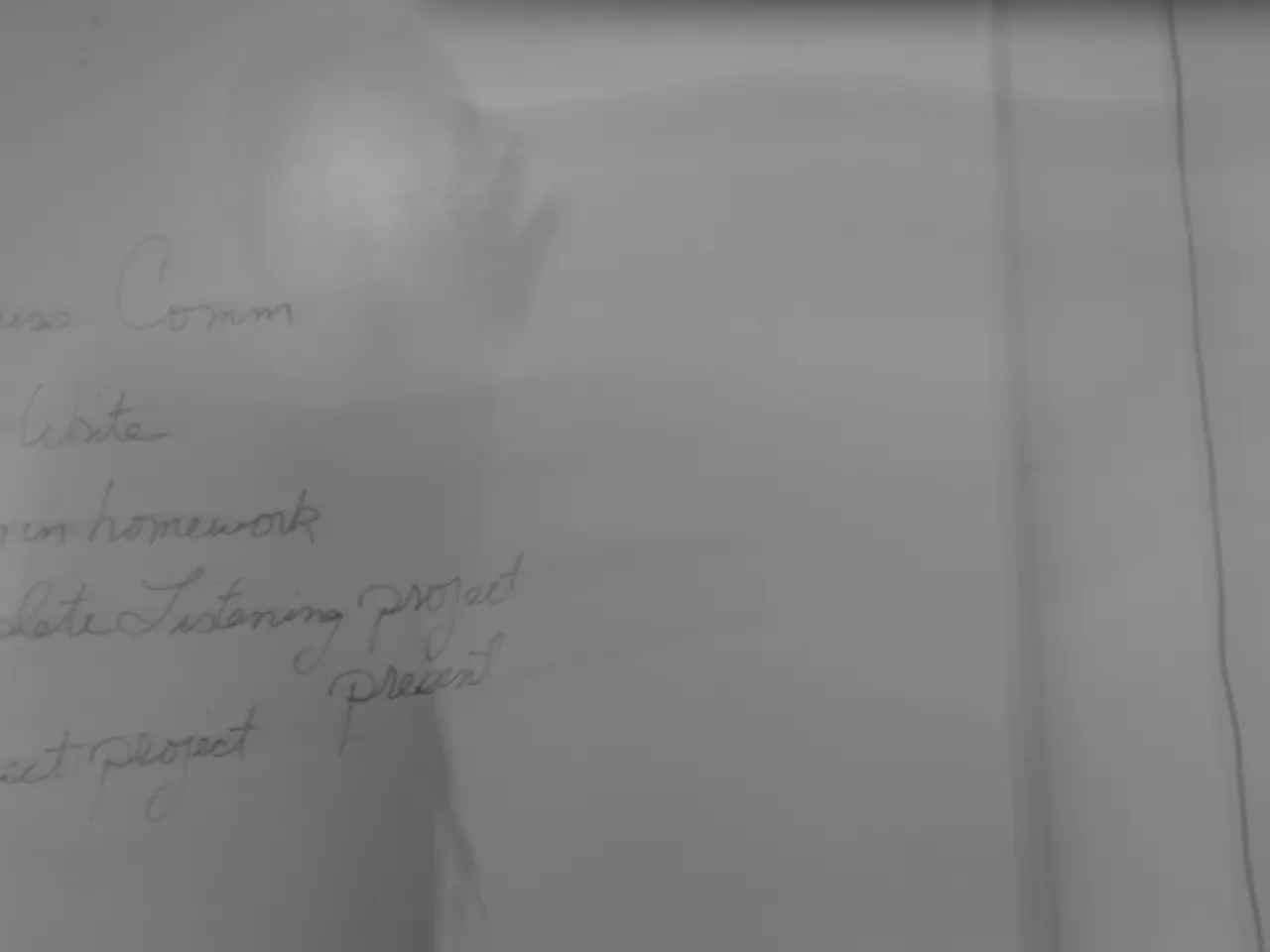Unprecedented U.S. Immigration Delays Impact Indian H-1B Workers and Green Card Seekers: An Examination of the Effects
======================================================================================
The current backlog in the American immigration system has significantly lengthened processing times for Indian professionals seeking H-1B visas and green cards, causing delays often spanning over a decade. This backlog—now exceeding 11 million pending applications—stalls visa adjudications due to limited annual visa numbers, per-country caps, and policy limitations, deeply affecting Indian tech and healthcare professionals in particular.
Key Impacts
Extended Processing Times
EB-2 and EB-3 visa categories for Indians remain heavily retrogressed, meaning priority dates are far behind current application dates, leading to waits commonly lasting 10–20+ years for permanent residency.
Status Uncertainty
Prolonged delays make it difficult for Indian H-1B holders to renew visas, maintain lawful status, or plan life events. Families face hardship, including risks related to children aging out of dependent status before green card approval.
Career and Life Disruptions
The backlog causes professionals to postpone home investments, leave U.S. companies, or defer international travel out of fear of re-entry denial or visa expiration during pending status. This stagnation also hampers U.S. companies’ ability to retain key talent.
Legislative Attempts to Address Backlog
The proposed bipartisan Dignity Act of 2025 aims to alleviate these issues by increasing annual visa caps per country from 7% to 15%, allowing premium processing with a proposed $20,000 fee for those waiting over 10 years to expedite processing, and offering protections for "Dreamers" (children of legal immigrants). However, the act remains pending and its ultimate impact is uncertain.
Managing Challenges
To manage these challenges, immigration experts advise Indian applicants to use premium processing when possible, apply early, explore alternate visa options, and stay informed about policy changes. Employers are encouraged to strategize filings carefully and support employees proactively to mitigate risks arising from these lengthy backlogs.
In conclusion, Indian professionals face unprecedented delays and uncertainty in obtaining H-1B visa renewals and green cards due to a historic immigration backlog and regulatory limitations, complicating their legal status and life planning in the U.S. The number of pending work permits (Form I-765) has doubled to more than 2 million cases, reflecting a 79% increase. Many Indian H-1B visa holders are forced to take lower-paying jobs as companies avoid the H-1B process. The backlog crisis is not just a product of volume but of policy choices and institutional neglect.
- The proposed Dignity Act of 2025 emphasizes career-development and policy-and-legislation efforts, aiming to address the immigration backlog and offer relief to Indian professionals who are affected by the extensive delays in obtaining H-1B visa renewals and green cards, and alleviate the general-news headlines highlighting the impacts on their lives and careers.
- Navigating the immigration backlog in the American system involves education-and-self-development strategies, such as seeking premium processing, applying early, exploring alternate visa options, and staying informed about policy changes to manage the challenges faced by Indian professionals, as suggested by immigration experts, while employers focus on strategic filings and supporting employees proactively as they face the ordeal of lengthy backlogs.




